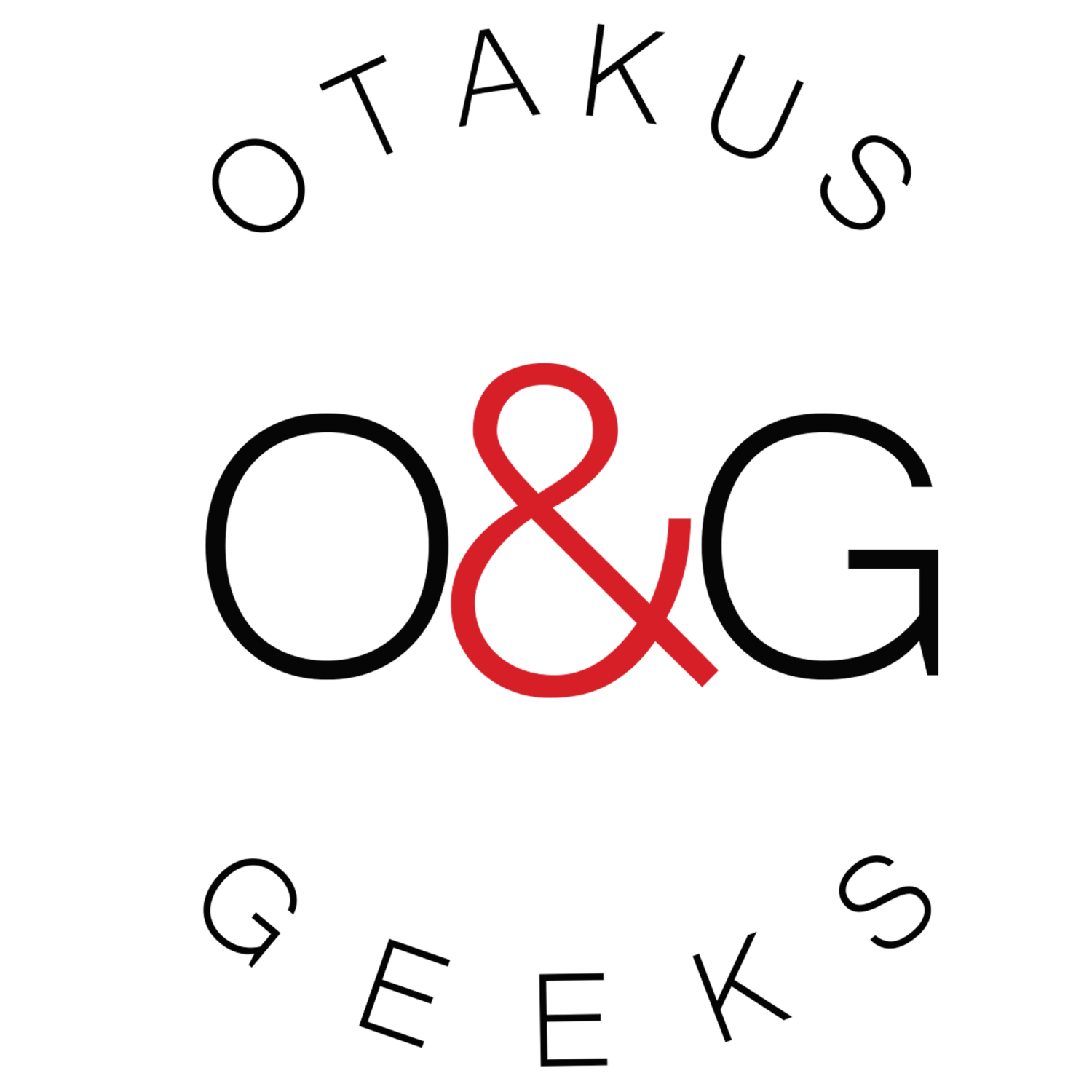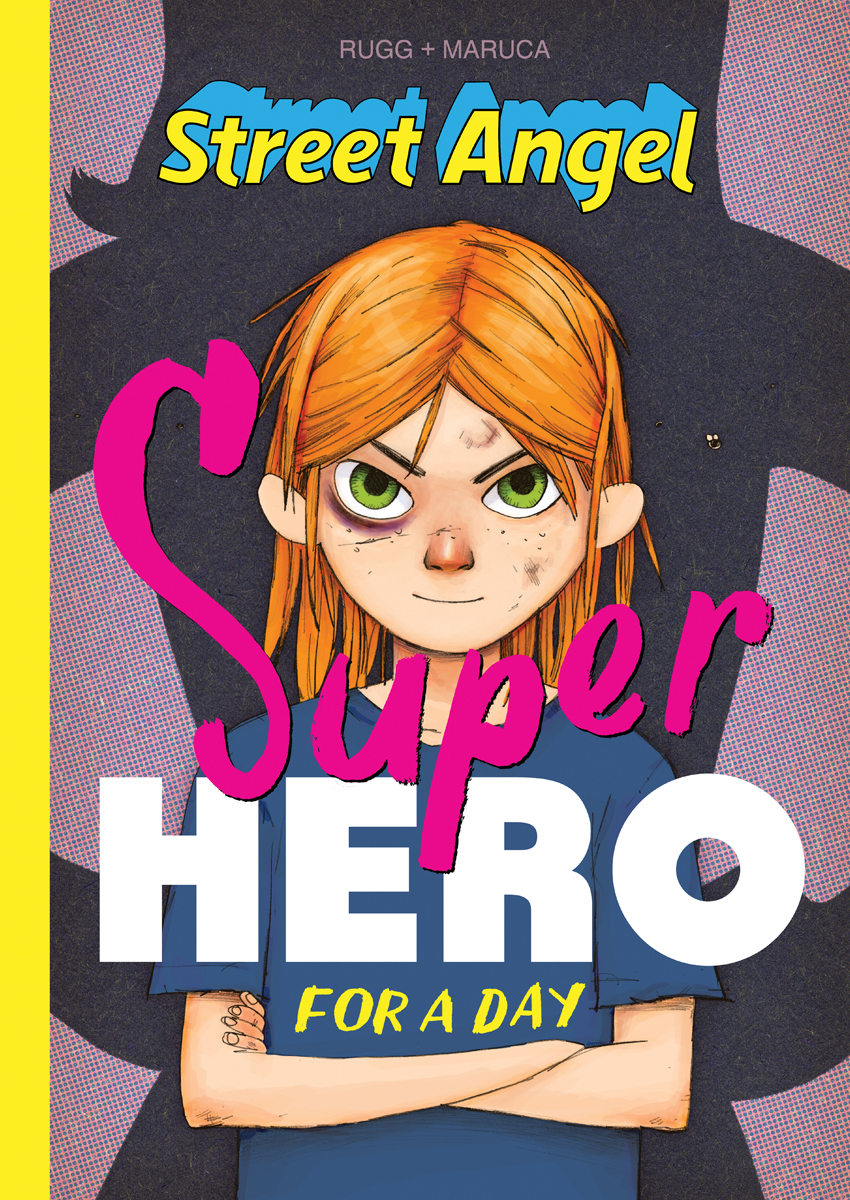Interview with Jim Rugg (Co-Creator of Street Angel)
/Interviewed by Justin D Williams
Otakus & Geeks had a chat with illustrator and co creator of the comic Street Angel Jim Rugg. We talk about his comic book origins, his comic Street Angel and many more. Jim Rugg is an Eisner and Ignatz Award-winning cartoonist based in Pittsburgh. His books include STREET ANGEL, The PLAIN Janes, The Guild, Afrodisiac, and Notebook Drawings. His studio is pencils, paper, ballpoint pens, ink, Photoshop, cats, and comics.
Otakus & Geeks: Let’s talk about your origins. How did you get into comic books and who were some of your influences to the medium?
RUGG: I started reading comics when I was 11 or 12. This was the late 80s/early 90s. Early influences were Frank Miller, Jack Kirby, and the Image Comics artists like Todd McFarlane and Rob Liefeld. When I grew bored of superhero comics, I found alternative cartoonists like Julie Doucet, Chris Ware, Dan Clowes, Chester Brown, and the Hernandez Bros. I started making comics in 2000 and found mini-comics, manga, and newspaper strip reprints, influences like John Porcellino, Fort Thunder, Kevin Huizenga, Kramers Ergot, Picturebox, Mai the Psychic Girl, Akira, Krazy Kat, Dick Tracy... Today I look at so much, I feel like I'm influenced by everyone - recent favorites include Eleanor Davis, Isabelle Arsenault, Jamie Hewlett, Taiyō Matsumoto...
As soon as I bought my first comic book, I knew I wanted to make comics. I loved to draw figures and comic books kinda looked like what I drew. So when I saw credits for art, I just had to learn how to do this. Wizard magazine started publishing around this time, and it featured articles about artists and showed their artwork in progress. All of this just fueled my dreams. I studied graphic design at school, and when I graduated, I started making my own comics. I would self-publish them and trade them with other cartoonists and I've been making comics ever since.
Otakus & Geeks: Do you have any favorite comic books as child?
RUGG: As a child I loved Frank Miller's Daredevil and Sin City. I also like Rob Liefeld's X-Force, Chris Claremont's X-Men, and Todd McFarlane's Spawn and Spider-Man. Hulk and Punisher were my favorite characters.
Otakus & Geeks: How did the concept of Street Angel start? What inspire you to this story?
RUGG: Street Angel developed because I was tired of what I saw at the comic book shop. I wanted something different. Street Angel was like the opposite of most of the new comic books that I saw at that time. They featured middle-aged, affluent men. So Street Angel was a poor, homeless kid. They seemed polished and she was rough around the edges. They were a fantasy that readers aspired to and she was a trainwreck that no one would want to switch places with. Decompressed storytelling was popular at the time and I hated it. So every Street Angel book or comic stood on its own and could be read in any order. That is still my approach. A lot of superhero comics were "realistic" and grim and gritty. Street Angel was fun and dynamic! I grew up reading superhero comics and there is a lot I like about them. Street Angel was a chance to create an exciting superhero comic and to celebrate some of the qualities that I liked about the genre.
The other major ingredient in Street Angel was alternative comics. There used to be a big divide in comics culture between superhero (Marvel/DC/Image) and alternative comics. I enjoyed both so I combined the genres in Street Angel. Part of the comic was superhero fun and part of it was slice-of-life drama that I saw in books like Nowhere by Debbie Dreschler or I Never Liked You by Chester Brown. I think the combination of these different styles and genres makes Street Angel unique. In these new Street Angel stories, I've added manga and picture books to my influences.
Street Angel Super Hero For A Day Will Be Avaliable on October 25th
Otakus & Geeks: One thing I love about Jesse is her origin is different from anything that is out there. Here you have a homeless girl with nothing and she is out there fighting crime? How did you come up with Jesse arc?
RUGG: It's exactly like you describe -- different from anything that is out there. I grew up in a poor community but economic class has no bearing on whether someone is good or evil. There were a lot of positive influences in my community, a lot of people who made a difference and were positive examples for me. So despite Jesse's socio-economic hardship, it doesn't mean she can't be heroic and help others.
We wanted to create a well-rounded character. On one hand, she's an unstoppable ninja on a skateboard - the Deadliest Girl Alive. On the other hand, she's homeless, hungry, and alone. I think she has qualities that most readers can identify with - good and bad. I remember Todd McFarlane talking about how a hero is defined by the obstacles they overcome. Making Jesse's life hard is a way to make her a stronger hero. Making her a kid without a family puts her in the toughest spot of any superhero I can think of. Compared to her, Batman or Spider-Man are clowns.
Otakus & Geeks: How important was making Jesse a female character with a unique backstory?
RUGG: We started making Street Angel in 2002. At the time, there were very few female lead characters in superhero books. I wanted something different and having a strong female protagonist was different at the time. Part of the reason we made Jesse female was in response to another aspect of comics that I hated - the boys club mentality that surrounded the culture. I grew up very isolated. Comics were something that helped me a lot - comics were somewhere I could go to escape the day-to-day grind I felt at the time. That's a quality that I value as a fan and creator. I want everyone to have comics that speak to them and that give them a safe place to enjoy, to explore, and to be happy. Besides the human consideration and positive role comics can have on readers, the idea of limiting the readership or creators to some exclusive group is catastrophic for an art form. Different points of view, values, interests, and ideas are essential to growing the medium. In the last 15 years, I think comics have improved in terms of diversity. I think in that regard it is better than its ever been and I think there is momentum to continue to make comics more accessible for everyone, by everyone. I love comics and making them more inclusive is something I believe in and hopefully contribute to improving.
Otakus & Geeks: I love the banter between Jesse and Stuart. Will we see more of that connection explored?
RUGG: I'm not sure when we'll see Stuart next, but you can expect more banter (and bickering) with almost everyone in Jesse's life. She does not censor her opinions and never learned to compromise very well. I suppose that's a side effect of being so alone.
Otakus & Geeks: What is next for the Street Angel Series?
RUGG: Probably a trip to juvie. That has to happen sooner or later, right?
For more on Jim Rugg:
PATREON: streetangel
INSTAGRAM: jimruggart
TWITTER: @jimruggart
FACEBOOK: StreetAngelComic
eNEWSLETTER: SUBSCRIBE
EMAIL: jamesrugg@gmail.com


